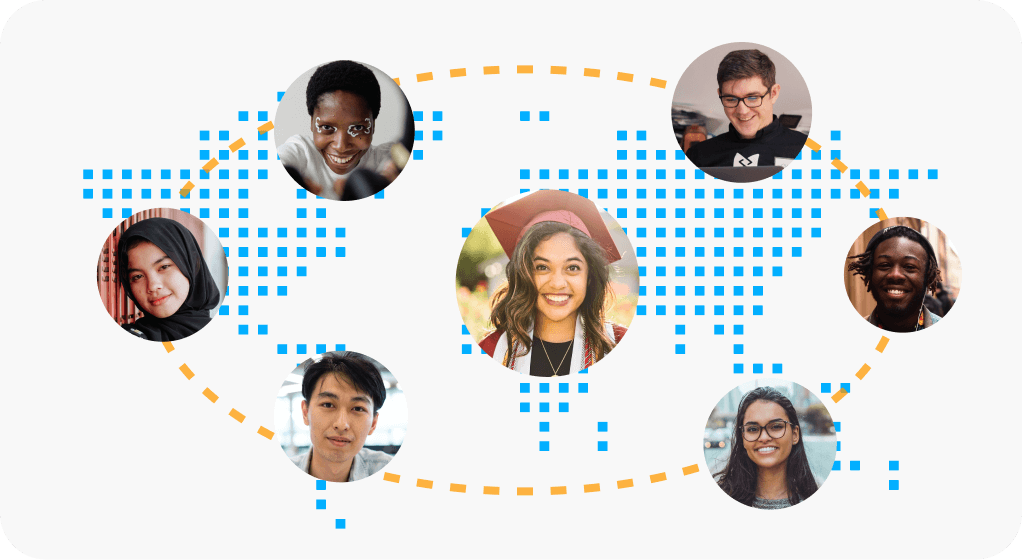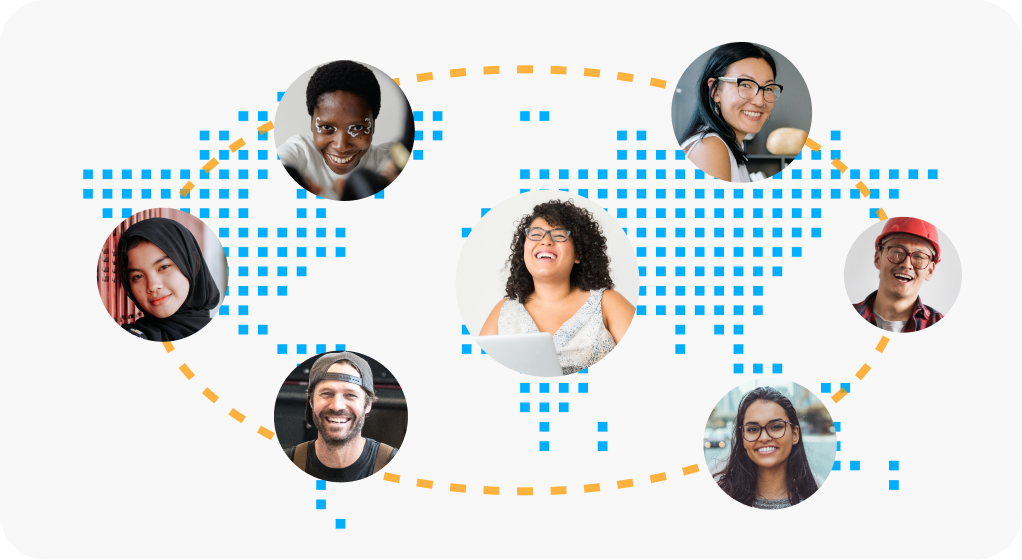In the bustling city of Seoul, there is a new reality that I have grown accustomed to: mandatory mask-wearing requirements while taking publication transportation, temperature-checking kiosks at the office, and QR code scannings at restaurants and cafes during lunch hour.
It was like a switch that turned on overnight. Korea was one of the countries that implemented COVID-19 safety measures as soon as the outbreak happened, and as a result the country never went under a complete lockdown. That’s not to say that things haven’t been difficult. As a marketing manager in the IT field, I’ve had my own challenges to overcome. Suddenly contracting COVID-19 was not the only thing on my mind but also my job continuity. When I heard of friends and family getting laid off, I started to panic. Marketers like myself were told to “prepare for significant job losses amid the COVID-19 pandemic.”
Fortunately, I’ve survived thus far not contracting COVID-19 and not losing my job. COVID-19 has put immense pressure on me to perform at work. Suddenly, investing in digital marketing makes the most sense since sales teams are not able to travel freely to attend trade shows, expos, international conferences and networks. For the first time ever, my company began throwing more resources to marketing.
Now, I’m launching new campaigns left and right. That still doesn’t solve one of the major problems that I’ve always battled within my industry: getting companies interested in cybersecurity. Cybersecurity is more crucial than ever, but it’s not an easy game. Every day comes with new challenges, new cyberattacks and competitors. Nevertheless, it’s an exciting field to be in as a woman and a young professional.
The road to get where I now has not been easy. I grew up in a bilingual home in the U.S. (speaking both Spanish and English) and traveled 7,115 miles across the world to take up a job at a cybersecurity company in South Korea almost immediately after graduating from university in Georgia.
Being in such a homogenous country that boosts its own beautiful, unique culture and language, I often feel like an outsider. When I go back home to the U.S. to visit and tell people I work and live in South Korea, I get mixed responses. ‘Don’t I miss my family and friends back home?’, ‘You must be fluent in Korean by now!, ‘Is Korea just like K-dramas and KPOP make it out to be?’, and so on.
In one sentence, all I can say is that it has been an adventure, but just like most people, I have my ups and downs. No, Korea is not like K-dramas make it out to be, and I’m not living in a kind of fantasy world. Both professionally and personally, I experience challenges and I do my best to get through them.
Usually, I can clear my head by taking a stroll down the Hangang River or have comfort food delivered to my doorstop courtesy of Korea’s many delivery apps. There is another question I often get asked: ‘How did I land a job in Korea?’ This is because getting a non-teaching job is not an easy feat in Korea. Going as far back as I can, I would say it’s a combination of my internship experience in Korea before I graduated and my strong work ethic.
As CareerUp states, internship experience is more important for career success than college reputation, GPA, or course work completed. My experience opened doors for me in the country of Korea, and I would highly encourage any student who wants to work and live here to do the same.






